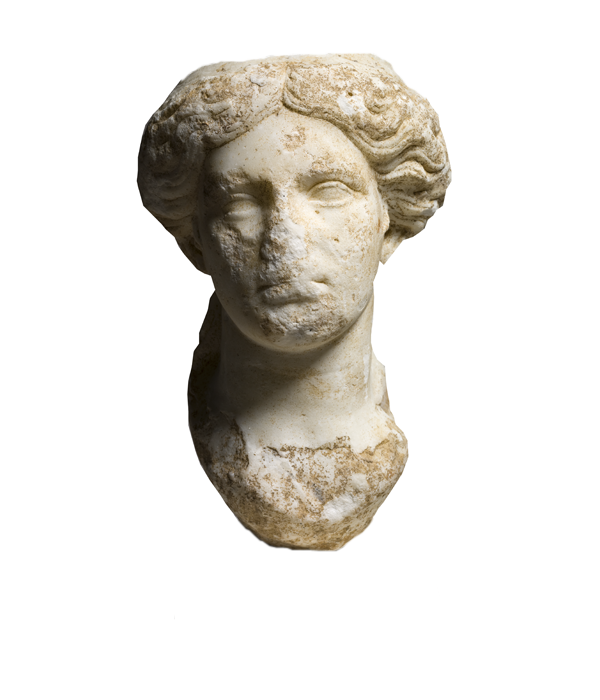No, after he finished, I continued to look into the event, with a gnawing sense of dread welling up inside me. The first two reasons are rather personal: first, because several Turkish officers involved in the coup had fled to Greece, and I try to make it a habit of not being involved with the weaker party of a major diplomatic incident involving historic enemies. (As it turns out, the Greek government was of the same opinion and ended up denying asylum several months later). Second, I had actually had originally intended to visit Istanbul that very weekend, but decided against it because I decided that I couldn't be bothered to go through the effort of international travel. Once again, my own lethargy proves to be to my advantage. Suck on it, Protestant Work Ethic.
Aside from my personal safety, however, the incident moved me in a rather deeper way. Prior to this incident, I had always considered politics and the grander state of the world with a sort of bemused detachment. Like my roommate, I had been fascinated by it: I am a history major after all, and the only difference between contemporary politics and historical politics is a span of time. But, much like history, I had sort of internalized it as something I was separate from. Politics, at least public-facing politics, was some inane horse-and-pony show, a distraction from the real sausage-making that was done behind closed doors. As such, my own contribution was necessarily rather limited, and that I ought to focus on getting the necessary credentials to contribute my own voice to vast institutional machine behind the curtain.
To be honest, Brexit should've been my revelation that this isn't the case. Or really, my education in history. But Brexit, insofar as I could tell, was a bizarre institutional hiccup in an otherwise stable country, and history, as has been drilled into my head by nearly two decades of my education, was different, and that comparing the present to the past was inappropriate. But, having learned that Recep Tayyip Erdoğan, the man who said “Democracy is like a train. You take it where you have to go, and then you get off,” had just learned that he was approaching his stop, all of the little worrying little details about what seems to be the global erosion of political and civil rights seemed to come flooding back.
In retrospect, it should've seemed more obvious. I had been aware enough about the US intelligence apparatus which had developed behind the scenes that I marveled that people were shocked by the Edward Snowden leaks in 2013. I had been aware of climate change even before An Inconvenient Truth had been released, because my elementary school's sole science teacher was an ecologist by trade. I had been aware of the vast potential of automation to undermine the labor market since I took up futurology as a hobby in 2013. I watched 4chan, which, for better or for worse, I used to browse regularly, turn from an undoubtedly wretched, but ultimately harmless hive of scum and villainy turn into the spear-tip of the Alt-Right, and fascism percolate from being one of any number of edgy shitposts (I apologize for the language, but it is a technical term) into being a wholly sincere and evangelical movement across the entire internet. I knew all of these things, and yet, they did not form a cohesive picture in my mind. For all of the various things that were going wrong, everything was fine.
| As it turns out, this comic is the great reflection of our times. |
Historians, I believe are in a position to be uniquely aware of this. The secret foundation of any historical writing is that basically everything about a work of history: where it begins, where it ends, which facts and theories are included and which are ignored are, if not arbitrary, then deliberately selected to limit the scope of a work to a functional level. There is no really compelling reason, for example that history should begin at Sumer: by the time we get our first documents, the entire Mesopotamian civilization had been established for at least several thousand years before the "beginning of history" actually starts. Likewise the convention of being an X Historian, that is to say a historian that is restricted either by Geographic region, like a Chinese Historian, by time, like a Medieval Historian, or by field of study, like an Economic Historian. Likewise, the 20 year rule, the rule that things that happened up to 20 years ago don't count as history, is a mechanism to filter out bias and human ignorance than any ontological difference.
Where this comes back to me is that, since the coup, I've grown more convinced that there's something very important that we're not getting because of the gaps between disciplines. So me saying last week that I'm going to research intellectual history, this week that it's environmental history, next week the history of walruses in Colonial French Indochina doesn't mean that I'm breaking the tablet and starting over every week. What I'm actually doing is finding ways to erase the gaps and redraw them in different ways to see if it works better. To be honest, I don't really expect to succeed. I am just a dude, after all, I can't actually know everything. But to be honest, the way we understand things now isn't exactly doing a bang-up job, so might as well give it the ol' college try.
Sincere Regards
Michael
